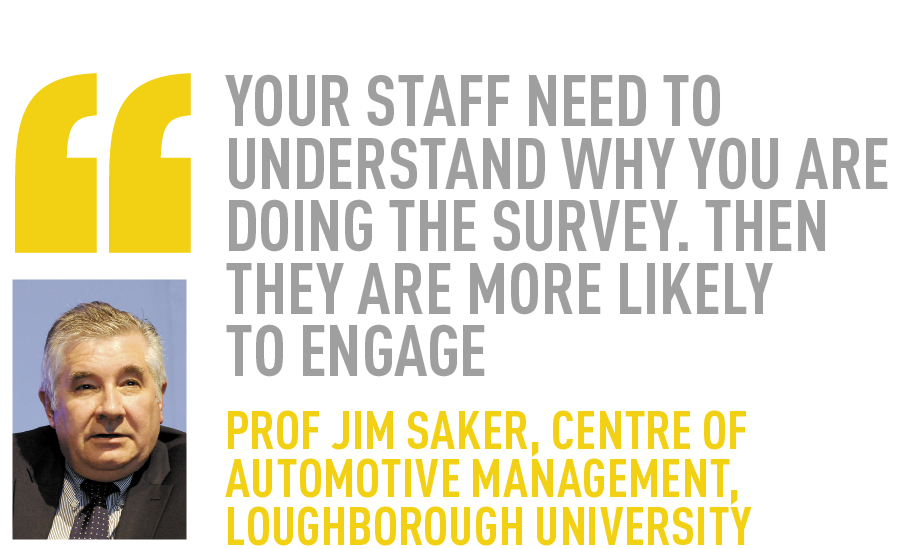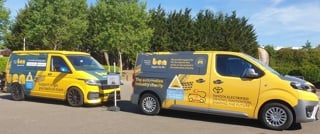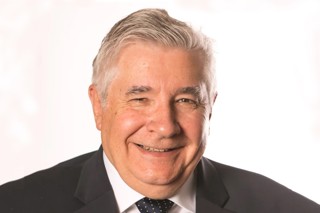Workforce surveys are a double-edged sword for car dealerships.
Done well they can give you an invaluable insight into your employees and their work practices, helping you to improve your business operations and staff recruitment and development strategy. However, done badly they will tell you little and cost you more in time and money.
With increasing pressure on employers and their staff to perform with fewer resources, the need to deliver a quality employee survey has never been greater. After all, the intended result – an engaged and motivated workforce that believes in the company’s mission and values – is far more likely to succeed than one where low morale and lack of direction are the norm.
Adam Turner, sales director of Chorley Group Nissan and one of AM’s 2017 UK Best Dealerships To Work For, said his company carries out annual staff surveys to measure employee engagement. As a result of the constructive feedback received, he said the company has been able to grow through new schemes and programmes, thus producing more motivated staff.
“We have introduced new initiatives and programmes on the back of the input from the team and we have seen an increase in engagement across the business,” he said. “This was supported when we were awarded UK Best Dealership To Work For status in 2017.”
The one downside, said Turner, is negative feedback when it is unhelpful or without foundation. However, he added, sometimes you have to accept that not everyone will be satisfied.
Darren Bradford, general manager at Drayton Kia, said the main advantage of doing a regular survey is the updated feedback. If done well, it also provides you with a better understanding of the different parts of the business, as well as your strengths and weaknesses, he said.
The problem, said Bradford, is that staff often lack interest in completing surveys. It can also become a monotonous box-ticking exercise if it isn’t structured properly, he added.
Measure your progress
Tracy Roberts, managing director of Tracy Roberts Associates, said workforce surveys are best used to get a snapshot of employees’ views. The information gathered, she said, should then be
used to help improve the company’s performance, as well as retention and communication channels.
“Taking a sound bite of staff values and attitudes helps to identify priority areas,” she said. “It also helps you understand attrition rates and the general feeling among the workforce.
“Furthermore, repeat surveys enable you to measure your progress and assess the reaction to fundamental
business changes you make. Then you can drill down into comparing attitudes between different sites, functions and departments, and to identify key issues.”
Roberts said staff tend to respond better to anonymous surveys with the option to provide personal information to enable you to address individual issues. It also helps if the results are shared across the business, including positive and negative comments, she said.
She said employees are often unwilling to share information if they think it will be held against them. Another big turn-off, she said, is repetition of the same question.
“The more you repeat yourself, the less effective a survey becomes,” she said. “Another problem is over-promising what you are going to do once you get the results and then not being able to deliver.”
Communicate, listen and act
Professor Jim Saker, director of Loughborough University’s Centre of Automotive Management, said doing a survey for the sake of it is pointless if you don’t know what you want to achieve from it. This could include understanding the culture and mood of employees or identifying development needs, he said.
“Your staff need to understand why you are doing the survey,” he said. “Then they are more likely to engage and write or say something constructive that you can then use.
“But far too many employers just go through the motions and don’t act on the information they receive. That can breed resentment among employees because they don’t feel like they are being listened to.” ALEX WRIGHT



















Login to comment
Comments
No comments have been made yet.